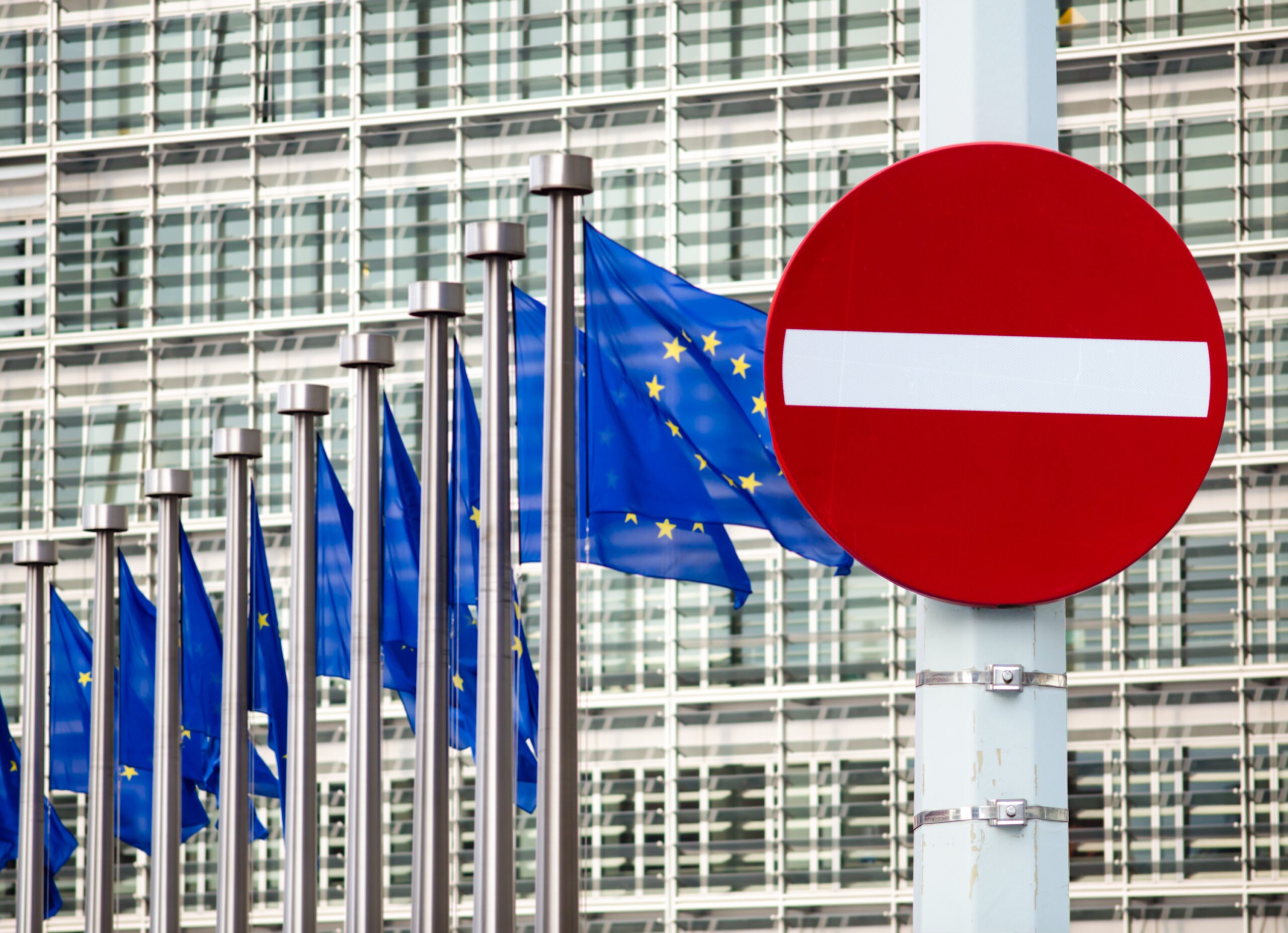As European Commissioner VP Andrus Ansip gears up for an announcement with regards to his plans for an EU-wide 'Digital Single Market' at noon CET today, and with the Net Futures event taking place this week to boot, we figured the timing was right to release the main conclusions of a report on how it could affect Europe's startups.
About a month ago, we invited European startups to participate in an online survey on the Digital Single Market (DSM), put together with the help of UK-based Nesta and The Lisbon Council, and followed this up with a high-level workshop at the EU Commission's HQ in Brussels on 9 March.
These are some of the main conclusions.
Context
The European Commission has indicated that it intends to create a Digital Single Market in order to enable the ‘borderless nature’ of digital, Internet-based technologies to flourish. The Commission suggests that this will entail harmonising various rules regarding telecommunications services, copyright, data protection, and management of the radio spectrum.
How a Digital Single Market could (and should) benefit startups in particular is important.
Why? Well, because startups matter: innovation is by far the most important driver of prosperity and productivity in any advanced economy, and that's a fact. Within Europe, over 60% of the economic growth between 1995 and 2007 is calculated to have been due to innovation - which is unsurprisingly disproportionately driven by young, technology-intensive companies.
Startups are also the main drivers of net job creation across Europe - also disproportionally so, compared to 'regular SMEs' which often don't have growth at scale as their primary objective. It's not that SMEs on a broader level are not important, because they are, it's just that technology startups demonstrably create more new jobs and drive economic growth more intensively.
This impact is the main reason why policymakers ought to distinguish between startups and 'regular' SMEs and create and support policies that favour those high-growth companies in particular.
We need governments that understand that startups are a different breed of SME, that failure is part of life for many an entrepreneur seeking to build big businesses and their policies should therefor accommodate failure, and that the potential impact of all new regulation and legislation could have on innovation should be carefully considered.
Feedback from the ecosystem
If you've been following the conversation, you will be unsurprised by the fact that the general feeling among entrepreneurs, investors and other industry stakeholders is that the chances of a solid, real connected Digital Single Market in Europe are very slim indeed.
To wit, many point to the so far unsuccessful attempts at abolishing roaming charges within the European Union and the apparent failure to create a solid foundation for real net neutrality in Europe as signs that creating a Digital Single Market will be a veritable 'mission impossible'.
Even more outspoken are startups about the recently introduced EU VAT rules for cross-border trading on a B2C level, which significantly disadvantages small companies and sole traders.
The aforementioned survey's results should not be considered as representative of the entire European startup ecosystem for various methodological reasons (e.g. it was distributed only in English due to time constraints, and the responses showed significant geographical bias). But consider this:
Around 75%-80% of respondents mentioned the change in VAT regulations which came into effect in January 2015 as being a significant (or indeed the most significant) inhibitor to cross-border activities. The bad news is that it may take a while to fix this messy situation, if it gets fixed at all.
Other recurrent themes that surfaced from the survey included language, culture, availability of finance, availability of talent, general uncertainties surrounding company law in other jurisdictions, consumer law and e-commerce; differences in data protection and privacy rules, proposed taxes on cryptocurrency transactions; and digital signatures.
Clearly, very difficult to speak of a 'Digital Single Market' in this context, and very understandable why many European startups remain skeptical of future plans.
Indeed, whilst there was general optimism that the principle of the DSM would be beneficial for business, this was coupled with widespread pessimism that execution of the DSM would entail additional bureaucracy or compliance costs for small firms, particularly if further efforts were not made to consult with startups and small businesses.
Moving forward
There are a number of ways that action can lead to a better environment for startups in Europe. Based on the results of the survey and the workshop, these are a few suggestions:
Firstly, the European Commission should seek to identify and remove bureaucratic obstacles for startups. In particular, it should re-double efforts to resolve the current issues relating to VAT, since it is clear that this poses a real – and quite possibly fatal – obstacle for many startups and other SMEs. One possibility may be an agreed threshold on turnover for VAT exemption.
Secondly, the Commission should develop a light-weight corporate structure which would follow the harmonised requirements in all EU Member States, be straightforward to establish, and have a common name to attract foreign investors. It should also allow for all formalities to be conducted online; permit information to be submitted to the authorities only once (instead of resending the same information many times to different authorities); and include startup-friendly insolvency rules which would not punish innovation, but rather would facilitate ‘rescue restructurings’ and give a second chance for honest, bankrupt entrepreneurs.
Thirdly, the EU Commission should bridge the information gap, in terms of better explaining the processes and obligations of cross-border employment law, consumer law and taxation law to SMEs. Uncertainty about the risks and requirements of selling across borders is a barrier in itself.
Thoughts and feedback obviously welcome - thanks for taking part in the conversation.
Featured image credit: Andrey_Kuzmin / Shutterstock


